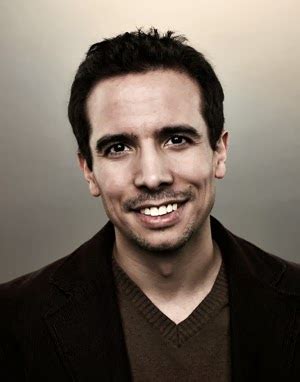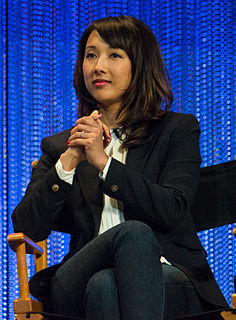A Quote by David Foster Wallace
I often think I can see it in myself and in other young writers, this desperate desire to please coupled with a kind of hostility to the reader.
Related Quotes
Most of the writers I know are weird hybrids. There's a strong streak of egomania coupled with extreme shyness. Writing's kind of like exhibitionism in private. And there's also a strange loneliness, and a desire to have some kind of conversation with people, but not a real great ability to do it in person.
My Lord God, I have no idea where I am going. I do not see the road ahead of me. I cannot know for certain where it will end. Nor do I really know myself, and the fact that I think that I am following Your Will does not mean that I am actually doing so. But I believe that the desire to please You does in fact please You. And I hope I have that desire in all that I am doing.
Young people have been ill-educated, mis-educated, propagandized. I see it in everything I read written by young people. You can spot it a mile away, their ignorance. And it's coupled with they think they're the only people that know. They're arrogant. They're a little bit smarmy about what they think they know and nobody else does, which is a characteristic of young people anyway. I was that way when I was young.
Real writers-that is, capital W Writers-rarely make much money. Their biggest reward is the occasional reader's response.... Commentators-in-print voicing big fat opinions-you might call us small w writers-get considerably more feedback than Writers. The letters I personally find most flattering are not the very rare ones that speak well of my editorials, but the occasional reader who wants to know who writes them. I always happily assume the letter-writers is implying that the editorials are so good that I couldn't have written them myself.
We've been growing our readership every month, and we're kind of like, where are they all coming from? This is wonderful! And I think one of the best surprises was that you hear so often that young women don't care about feminism, that young women don't identify as feminists. But really, the majority of our readers are young women. So to see so many young people kind of get involved and really take to Feministing.com was a really exciting thing.
I think I would have been a lot more miserable and discovered a lot less of things I liked if I hadn't had LiveJournal in high school. I think it's interesting how blogging seems to be shaping a new generation of writers. I feel like growing up with the Internet/blogging/other structures seems to be a reason for the similarities people see in Tao Lin's writing and other young writers, rather than direct.
It is obvious enough for the reader to conclude, "She loves young Emerson." A reader in Lucy's place would not find it obvious. Life is easy to chronicle, but bewildering to practice, and we welcome "nerves" or any other shibboleth that will cloak our personal desire. She loved Cecil; George made her nervous; will the reader explain to her that the phrases should have been reversed?
I have a total responsibility to the reader. The reader has to trust me and never feel betrayed. There's a double standard between writers and readers. Readers can be unfaithful to writers anytime they like, but writers must never ever be unfaithful to the readers. And it's appropriate, because the writer is getting paid and the reader isn't.
I’ve had that kind of experience myself: I’m looking at a map and I see someplace that makes me think, ‘I absolutely have to go to this place, no matter what’. And most of the time, for some reason, the place is far away and hard to get to. I feel this overwhelming desire to know what kind of scenery the place has, or what people are doing there. It’s like measles - you can’t show other people exactly where the passion comes from. It’s curiosity in the purest sense. An inexplicable inspiration.




































